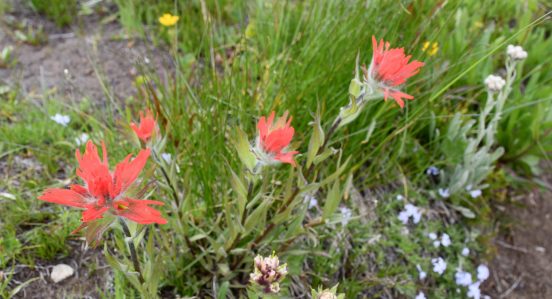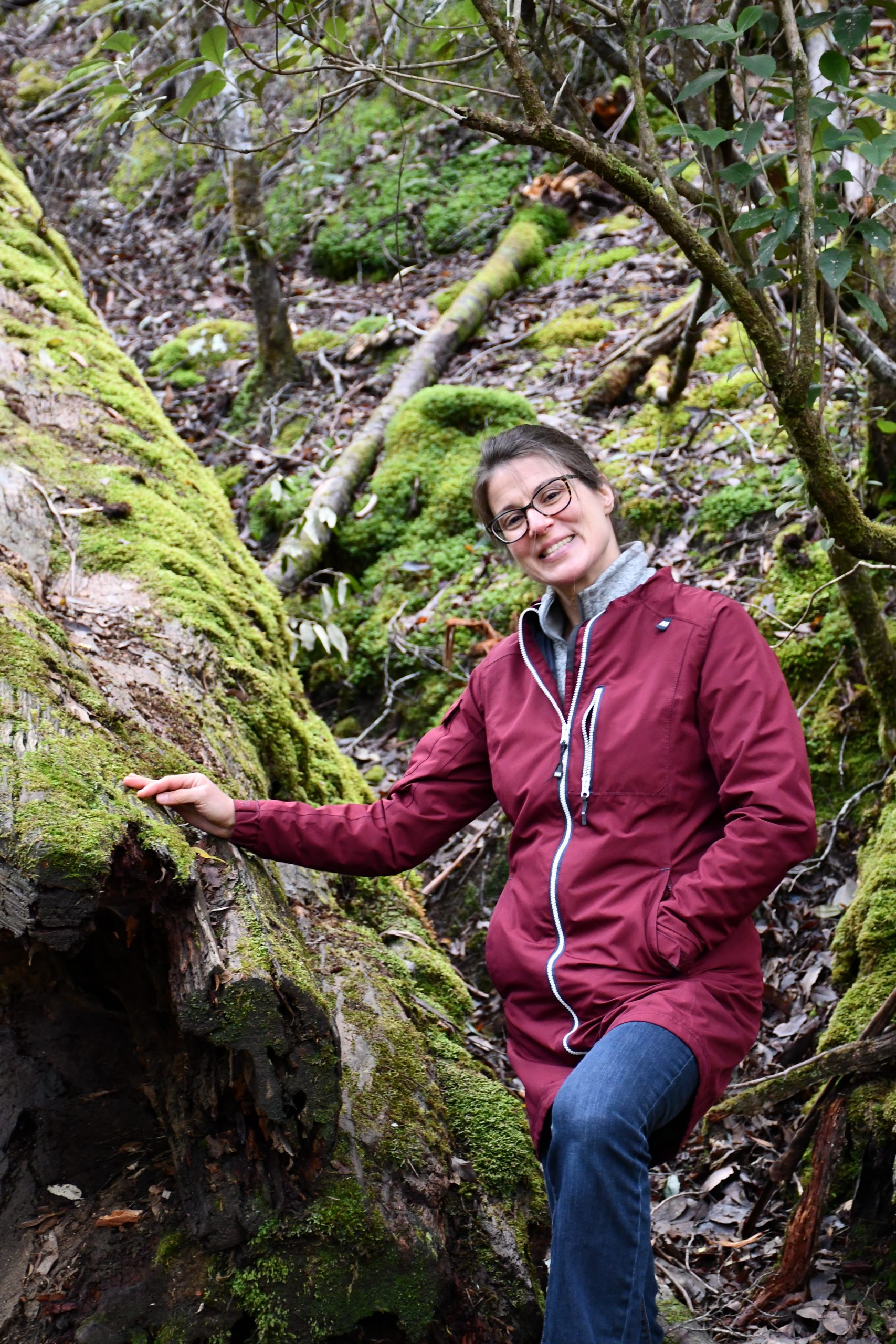
Nina Hewitt: I am a biogeographer specializing in plant dispersal, migration and disturbance ecology in temperate forests and alpine ecosystems, with field sites in Ontario, British Columbia, and the Karakoram-Himalaya. I am particularly interested in studying the impacts of human activities associated with, for example, ecosystem fragmentation, altered disturbance regimes, introduced invasive species and climatic change, and in finding solutions to manage these impacts. My longstanding research on plant dispersal and colonization in fragmented forest systems of Southern Ontario (examples here, here and here) provided the data with which to build a mathematical model of tree migration. This research informs policies to address climate change-induced range shifts such as the policy of Assisted Species Migration that I teamed up to examine here. I recently extended my research on plant species migration in “flat” continental landscapes to examine high alpine plants in the Central Karakoram-Himalaya and the mountains of southern BC. As part of that research, I created an open source, sortable online database of the historical upper elevation limits, modern taxonomic nomenclature, and regional occurrence of > 500 high alpine plant species in the Karakoram-Himalaya, based on little-known late 19th and early 20th century explorer reports for the region (information here).
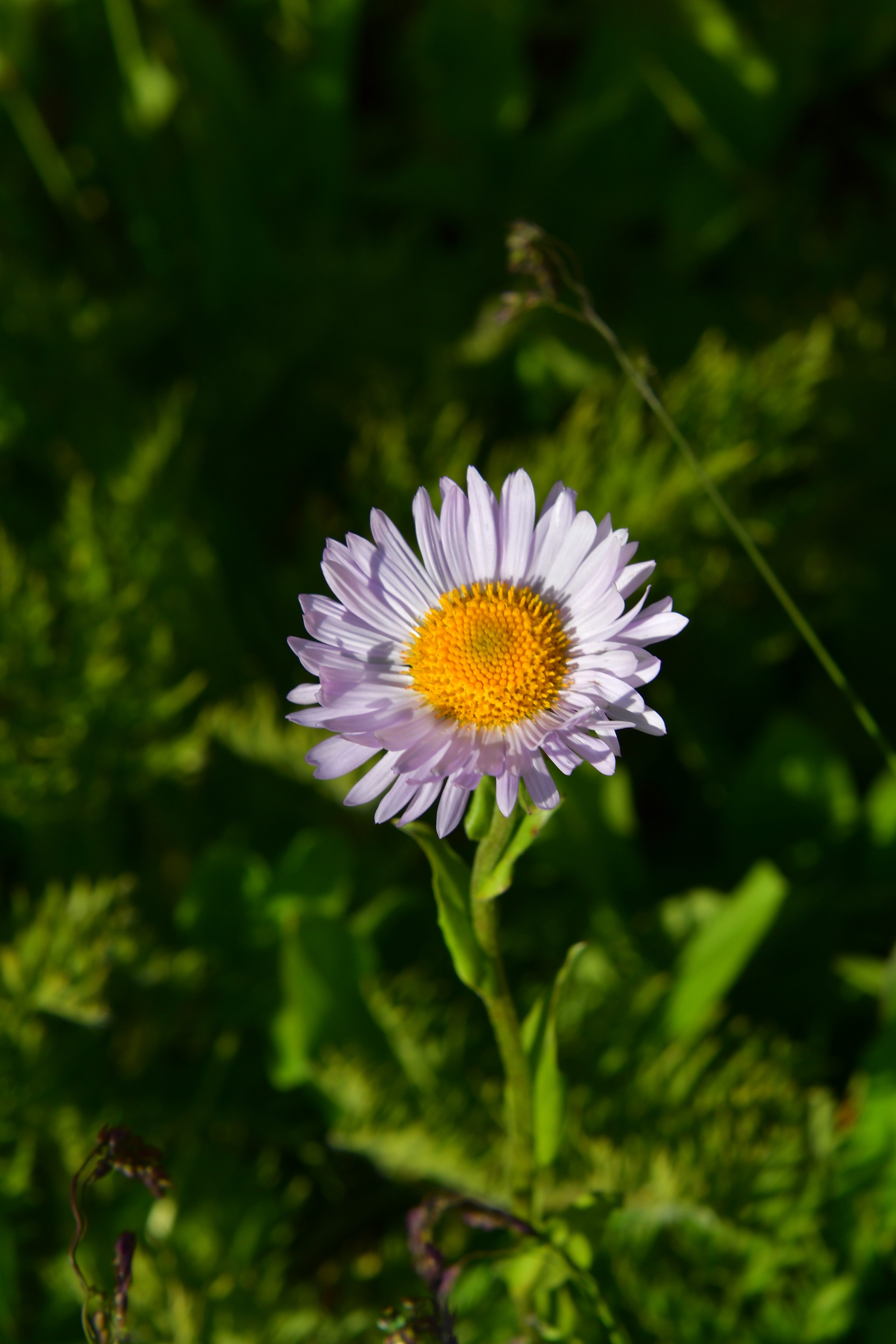
Disturbance ecology is one of my focus areas. Understanding the role of “natural”, long-running disturbances in ecosystems is essential to managing for changing conditions. Disturbance from fire is now recognized to be a normal and necessary process in many ecosystems, despite the decades-long fire suppression practices in North America by European settlers. I led a study of the pre-suppression fire history in High
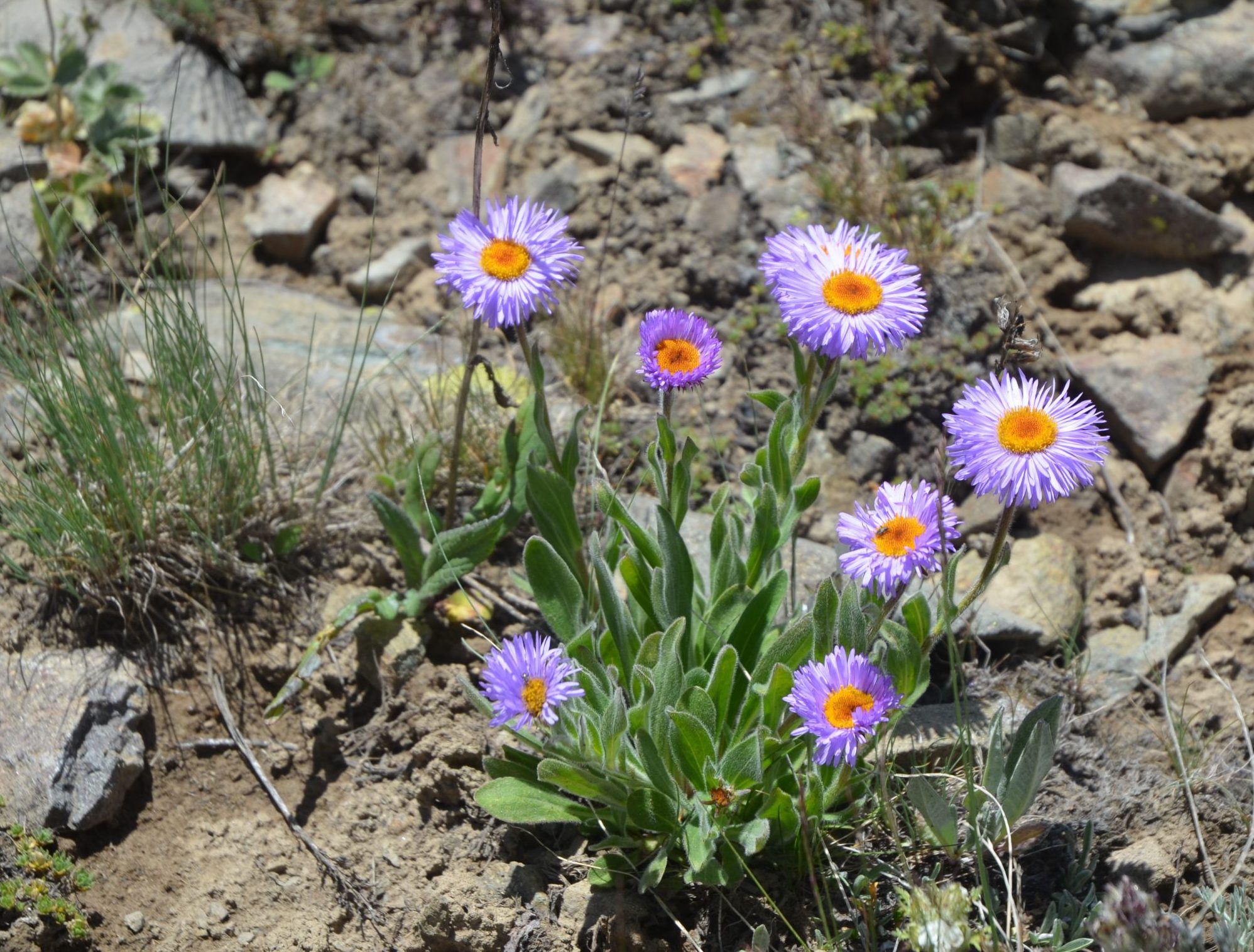
Park Toronto’s globally significant Black Oak savanna, to inform fire reintroduction practices underway in the park. We found that fires occurred at least every 30 years across the savanna in the immediate pre-settlement and concurrent settlement period.
I aim to share my enthusiasm for ecosystem ecology in my teaching. This has led me to build a series of Virtual and Augmented Field trips in alpine herb and mid-latitude forest ecosystems. These trips bring the field to the student (Virtual) and the student to the field (Augmented) and inform my own research about ongoing changes in these ecosystems. Have a look at the tours posted on this website. I welcome any feedback. Enjoy!
Student Research Assistants
2024-25: Teagan MacLachlan & Nina Dorsch (BSc candidates and Research assistants on BC Parks project on Garibaldi alpine plant research); Undergraduate: [for Fall 2024]: Katelyn Croy (BA candidate, Geog; TLEF grant Digital Geographies); Volunteers: Paul English (BSc candidate); Natalie Krause (BSc candidate from Quest U)
2023-24: Undergraduate: Andrew Yan (BSc candidate, Geog; TLEF project assistant and Climate Action Committee Intern); Ciara Norton (BA candidate, Geog; Research assistant, BC Parks project on Garibaldi alpine plant research); Graduate: Micheal Jerowsky, PhD student (Virtual tours consultant)
2022-23: Undergraduate: Andrea Sze (TLEF project assistant and Climate Action Committee Intern; BA; now MA candidate at Columbia U); Graduate: Micheal Jerowsky, PhD student (COMET/JupyterHub OER project)
2021-22: Undergraduate: Olive Wu, Holly (below); Graduate: Kevin Pierce, PhD (currently at University of Oslo): co-creating statistics and data science resources
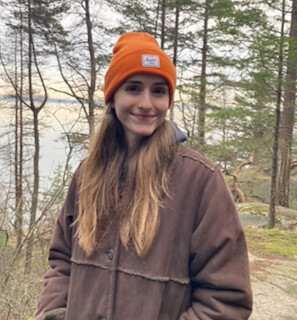 Holly Denson-Camp (TLEF project; Climate Action Committee Intern). Holly graduated from Geography (BA Environment & Sustainability). She is passionate about biogeography, Indigenous-led conservation strategies, and climate change communication. Holly was Geography Students’ Association President (2022-3) and loves thrifting, painting and ocean swimming.
Holly Denson-Camp (TLEF project; Climate Action Committee Intern). Holly graduated from Geography (BA Environment & Sustainability). She is passionate about biogeography, Indigenous-led conservation strategies, and climate change communication. Holly was Geography Students’ Association President (2022-3) and loves thrifting, painting and ocean swimming.
2020-21: Undergraduate: Meghan Little, BA; Angela Liu, BA; Samantha Loo, BA (work on interactive H5P webpages for course instruction; and Historical Karakoram Storymap and DEM (Liu); Graduate: Kevin Pierce, PhD.
2019-20: Kelly Hurley, BA; Emily Ballon, BSc., Mariana Garcia, BA
2018-19: Amanda Eliora, BA; Shaun Yap, BA candidate
Land Acknowledgement: We are grateful for the opportunity to learn on UBC’s Point Grey campus, that is on the traditional, ancestral and unceded lands of the xʷməθkʷəy̓əm (Musqueam) Peoples.
